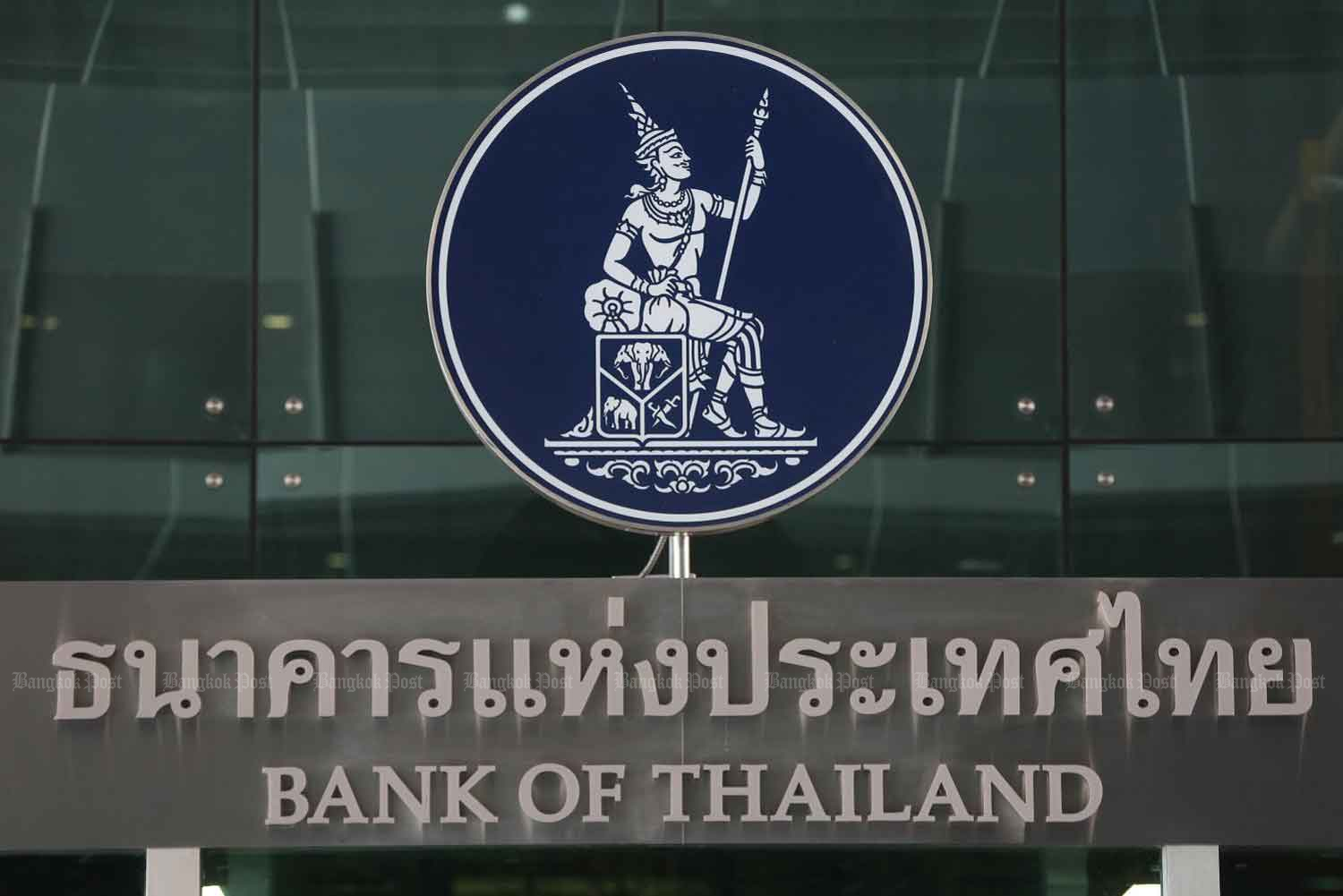Thailand: BoT predicts growth in upcoming Q2
Thailand’s economy is expected to return to growth in the second quarter next year, supported by government stimulus measures and a low-base effect.
The outlook assumes that government stimulus measures encourage public spending and the special tourist visa (STV) scheme propels recovery momentum and improves domestic consumption, said Don Nakornthab, senior director of the central bank’s economic and policy department.
Under the STV scheme, foreign visitors to Thailand are required to have a Covid-19 test taken 72 hours before departure, have a US$100,000 (3-million-baht) insurance policy and sign a letter of consent agreeing to comply with the government’s containment measures.
Foreign travellers with an STV must be quarantined for 14 days.
“The economy is expected to show a better recovery momentum in the third quarter on a quarter-to-quarter basis and return to growth in next year’s second quarter,” Mr Don said.
The low-base effect from the second quarter trough of this year is another reason supporting the expectation of year-on-year growth in next year’s second quarter, he said.
Thailand’s GDP shrank 12.2% year-on-year and 9.7% quarter-to-quarter on a seasonally adjusted basis in Q2 as the economy sustained heavy blows amid the coronavirus outbreak.
The central bank estimates that GDP shrank 7% year-on-year during the first half of 2020 and will contract by 8.5% in the second half.
Despite the assumption of a deeper economic contraction in the second half, recovery momentum has shown signs of picking up after a bottom in the second quarter, Mr Don said.
The central bank upgraded its full-year economic outlook to a 7.8% contraction from a 8.1% decline.
The economy improved slightly in August, propped up by lighter contractions in merchandise export value, manufacturing production and private investment indicators.
The value of merchandise exports fell by 8.2% year-on-year, improving from declines of 11.9% in July and 17.8% in the second quarter.
Private consumption indicators contracted further after the boost from the special extended holiday in July petered out, while the tourism sector persistently experienced a severe contraction caused by restrictions on foreign tourist arrivals.
“Even though there is a sign of improved recovery momentum, the central bank remains concerned about the unemployment rate,” Mr Don said. “In August, unemployed workers were still high at 1.9 million, marginally declining from 2.1 million in July.”
The number of people claiming unemployment benefits increased from 410,000 in July to 440,000 in August.
The ratio of household debt to GDP rose to 84% in the second quarter, an 18-year high, with a value of 13.6 trillion baht, up from 13.5 trillion baht or 80.3% of GDP in the first quarter, according to central bank data.
The swelling household debt reflects how individuals and households have accumulated more debt, including mortgage loans, while others are low on liquidity and need the financial assistance of banks, according to Kasikorn Research Center.
The ratio of household debt to GDP could rise to 88-90% at year-end 2020 as a result of the drastic economic slowdown, said the research house.
Source: https://www.bangkokpost.com/business/1994551/bot-predicts-growth-in-upcoming-q2


 Thailand
Thailand




